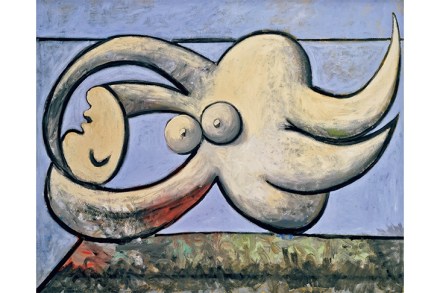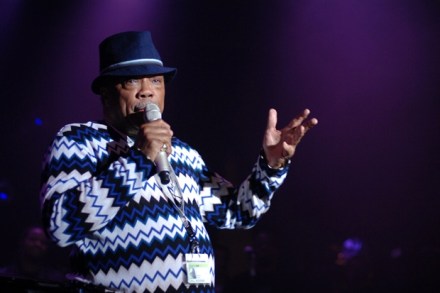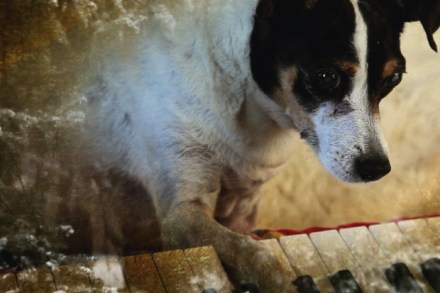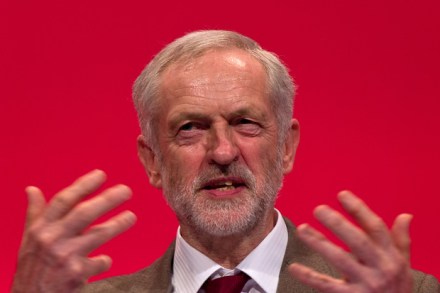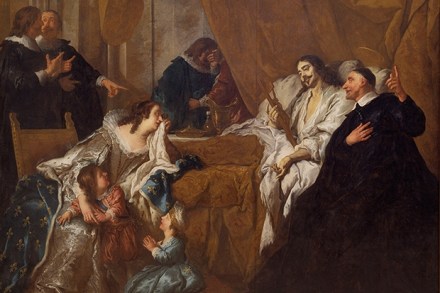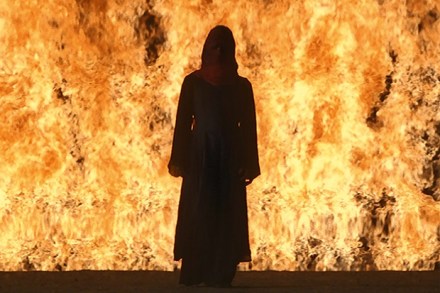Va-t’en, Satan
What do you say to someone who is killing you? It is seldom possible to decide in advance. We are told that Fr Jacques Hamel, aged 85, murdered while saying Mass at Saint-Étienne-du-Rouvray on 26 July, said, as his killers brought him to his knees to cut his throat: ‘Va-t’en, Satan.’ It is a reasonable thing to say, not necessarily identifying the attackers with Satan, just indicating that he is at work in the actions of the moment. Fr Hamel’s death reminded me strongly of that of St Thomas Becket at the hands of fellow Normans in 1170. Language had due importance on that occasion. Reginald FitzUrse, on breaking into the


